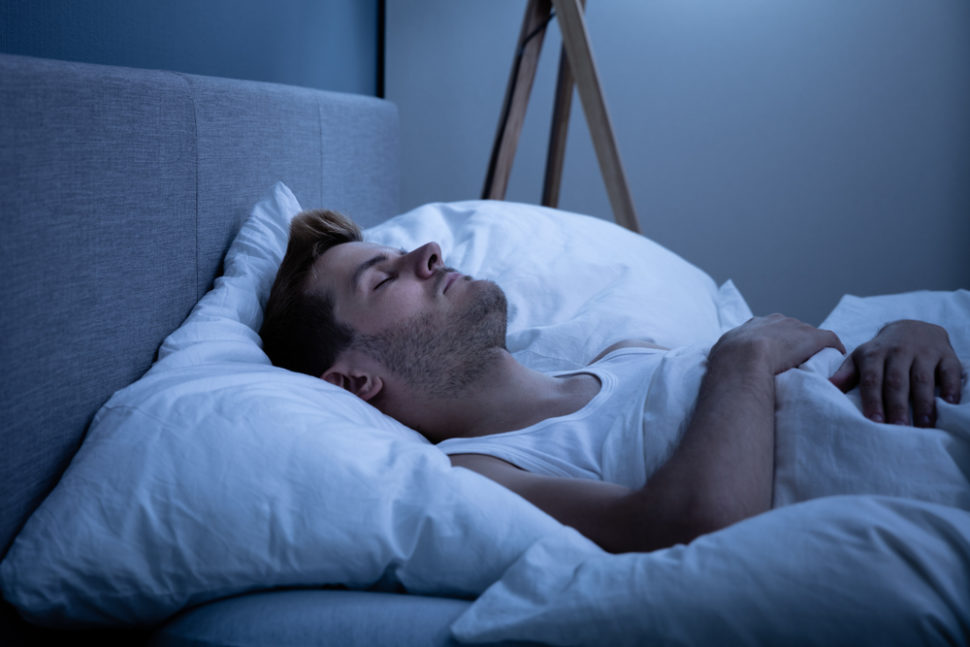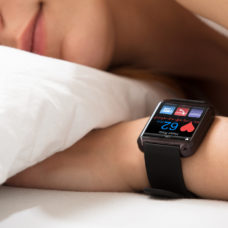A recent study at Northwestern University suggests that specific sound cues can improve our ability to solve problems during sleep.
Several adages have suggested that sleeping on a challenging issue can result in a solution before morning. Also, scientific studies have emphasized the importance of sleep in maintaining optimum cognitive functioning.
Not only does it improve our physical and brain health, but sleep also plays an essential role in our we retain information. In a process known as memory consolidation, we basically sort all the data collected during wake times and file them into higher cortical centers.
With several studies suggesting that sleep does empirically improve problem-solving performance, the adages are not in doubt. However, the researchers at Northwestern University wondered whether certain sound cues could strengthen our ability to solve problems in our sleep.
Northwestern University researcher and first author of the study, Kristin Sanders said:
“We know that people rehearse or ‘consolidate’ memories during sleep, strengthening and reorganizing them. It’s also known that this natural process can be boosted by playing sounds associated with the information being rehearsed.”
How Sounds Can Help Solve Problems While You’re Sleeping
For the study, the Northwestern University team asked participants to solve puzzles associated with sound cues. When each participant failed to solve six puzzles, the researchers sent them home with a cuing system and a portable electroencephalogram sleep monitoring.
That way, the device would detect when a respondent enters slow-wave sleep. Then, three of the six unique sound cues corresponding to the puzzle that the participant failed to solve would play.
The next day, the participants would return to the lab and attempt to solve the six puzzles from the prior evening.
Findings from the study revealed that the respondents solved 55 percent more puzzles if the corresponding sound had played while they’re asleep.
Senior author of the study, Mark Beeman, said:
“This study provides yet more evidence that brain processing during sleep is helpful to daytime cognition. In this case, if you want to solve problems or make the best decisions, better to sleep on it than to be on Twitter at 3 a.m.”
However, as impressive as these findings are, it also raises a lot of questions.
For one, we’re unsure whether the slow-wave sleep is the most effective sleep phase to administer the sound cues. Also, we don’t know what happens in the brain that enhances our ability to solve problems in our sleep.



















Comments (0)
Most Recent